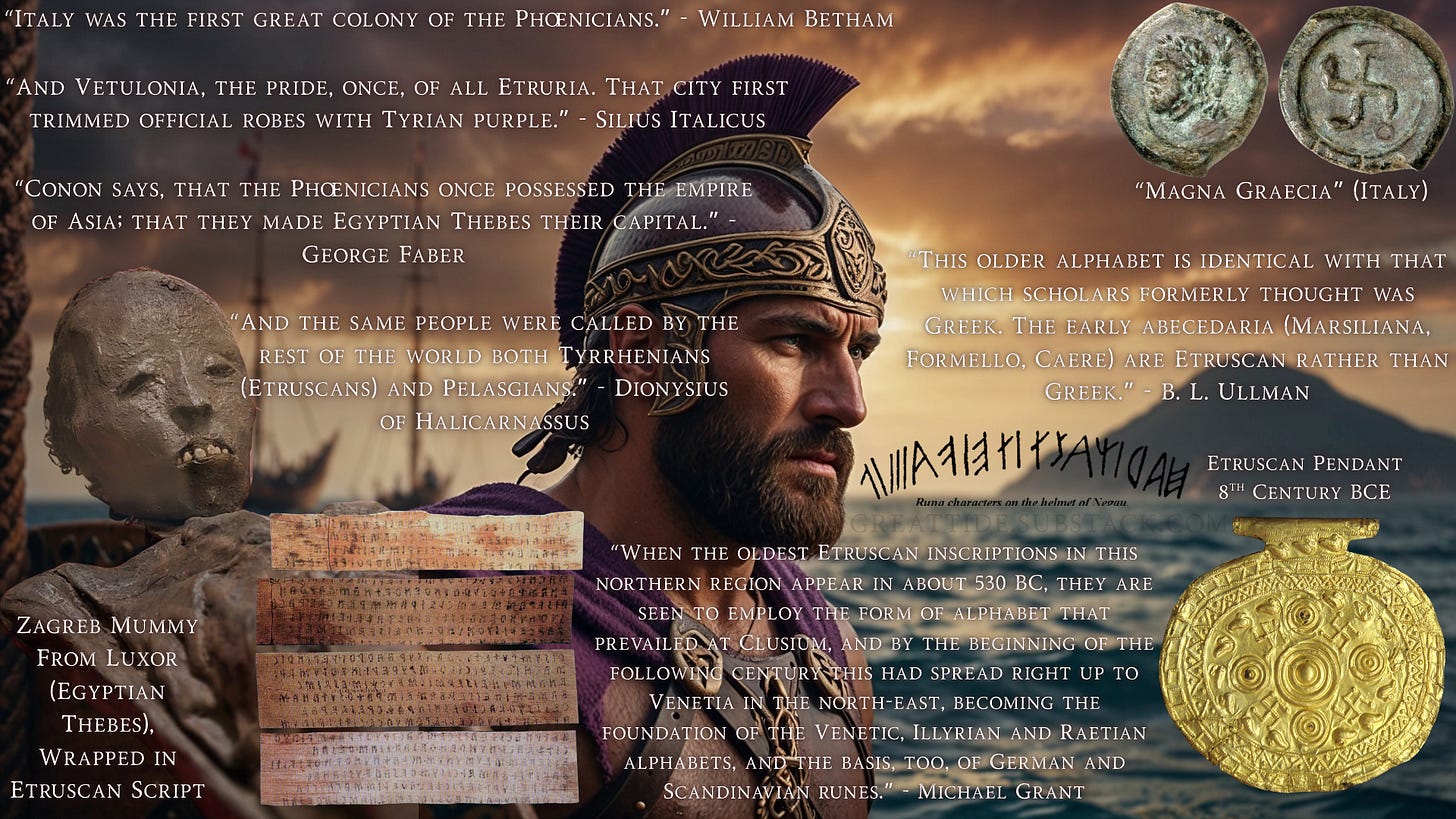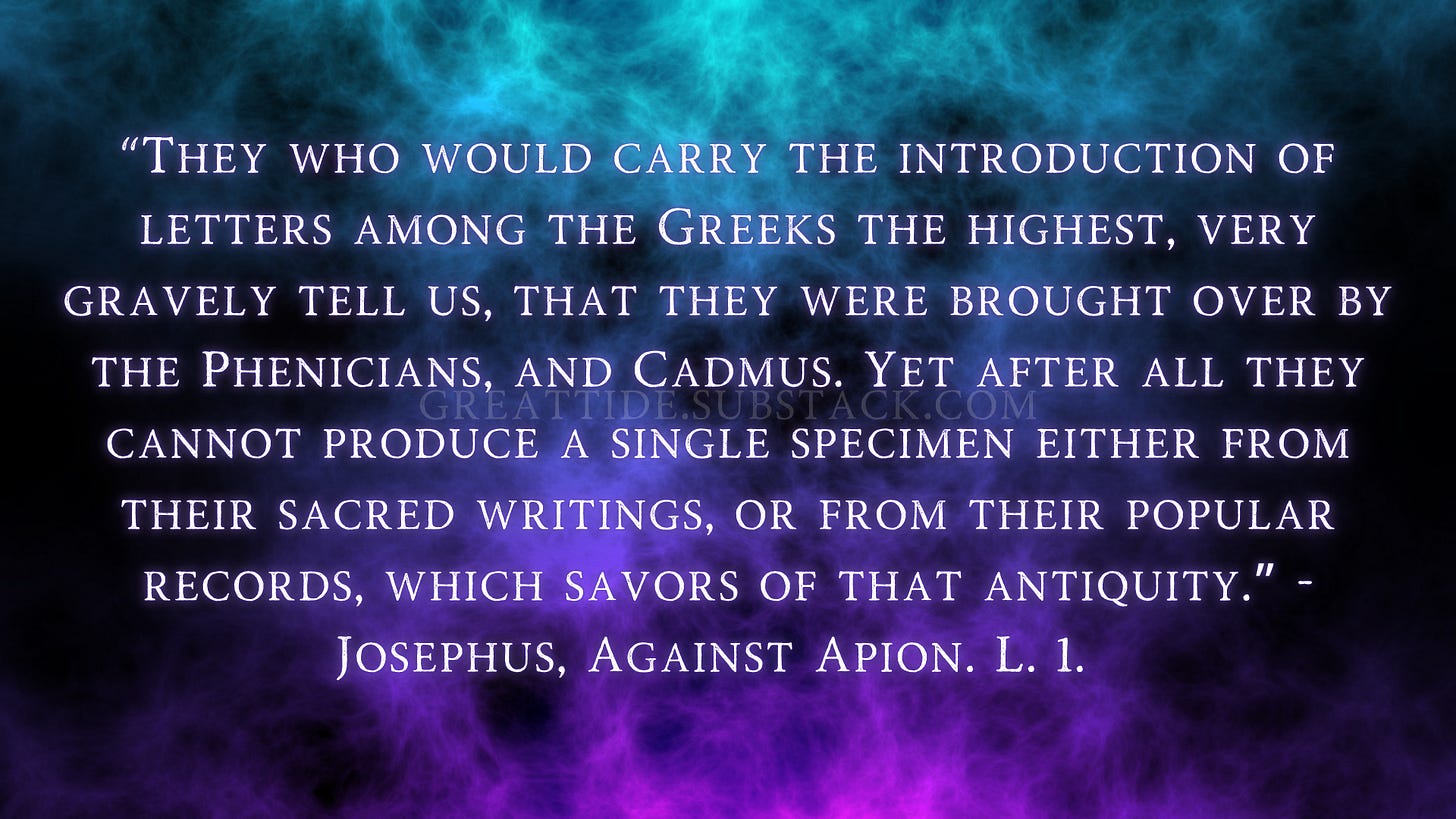Jacob Bryant wrote (Analysis of Ancient Mythology, Vol. II. p. 126.), “The character of Orpheus is in some respects not unlike that of Zoroaster, as will appear in the sequel. He went over many regions of the earth; and in all places, whither he came, was esteemed both as a priest, and a prophet. There seems to be more in his history than at first sight appears: all which will by degrees be unfolded. His skill in harmony is represented as very wonderful: insomuch that he is said to have tamed the wild beasts of the forest, and made the very trees follow him. He likewise could calm the winds, and appease the raging of the sea. (These are characteristics of the sun.) These last circumstances are taken notice of by a poet in some fine verses, wherein he laments his death. He is mentioned, as having been twice in a state of death; which is represented as a twofold descent into the shades below. (The sun stands still, or solstices, twice per year.) There is also an obscure piece of mythology about his wife, and a serpent; also of the Rhoia or Pomegranate: which seems to have been taken from some symbolical representation at a time, when the purport was no longer understood.”
This is interesting because the island of Rhodes is considered the Island of the Sun, but also the wife of Zeus, and it is claimed to possibly be named after roses or pomegranates. This seems to be the concepts that the Adam & Eve story was modeled after.
Bryant continued (Ib. pp. 126-9.), “The Orpheans dealt particularly in symbols, as we learn from Proclus. Ορφικοι δια συμβολων, Πυθαγορειοι δια εικονων, τα θεια μηνευιν εφιεμενοι. (The divine messages were transmitted by the Orpheans through symbols, by the Pythagoreans through images. In Theolog. Platonis. L. 1. c. 4.) His character for science was very great; and Euripides takes particular notice of some ancient tablets, containing much salutary knowledge, which were bequeathed to the Thracians by Orpheus: άς Ορφειη κατεγραψε γηρυς. (Alcestis. V. 968.)
“Plato styles his works, βιβλων όμαδον, a vast lumber of learning, from the quantity, which people pretended had been transmitted from him. He one while resided in Greece; and particularly at Thebes in Bœotia. Here he introduced the rites of Dionusus, and celebrated his Orgies upon mount Cithæron. (Lactant. de. F. R. L. 1. p. 105.) He is said to have been the first who instituted those rites: and was the author of all mysterious worship. Πρωτος Ορφευσ μυστηρια Θεων παρεδωκεν. (Orpheus was the first to deliver the mysteries of the gods. Scholia in Alcestin. V. 968.) All these were accompanied with science of another nature: for he is reputed to have been skilled in many arts.
“From Thebes he travelled towards the seacoast of Chaonia in order to recover his lost Eurydice; who had been killed by a serpent. According to Agatharchides Cnidius it was at Aorthon in Epirus, that he descended for this purpose to the shades below. (L. 22. See Natalis comes. L. 7. p. 401.) The same account is given by Pausanias, who calls the place more truly Aornon. (L. 9. p. 768.) In the Orphic Argonauts it is said to have been performed at Tænarus in Laconia. (V. 41.) He likewise resided in Egypt, and travelled over the regions of Libya; and every where instructed people in the rites, and religion, which he professed. In the same manner he went over a great part of the world. Some make Orpheus by birth a Thracian; some an Arcadian; others a Theban. Pausanias mentions it as an opinion among the Egyptians, that both Orpheus, and Amphion, were from their country. (L. 6. p. 505.) There is great uncertainty about his parents. He is generally supposed to have been the son of OEagarus, and Calliope: but Asclepiades made him the son of Apollo, by that Goddess. (Apollon. Rhod. L. 1. v. 23.) By some his mother was said to have been Menippe; by others Polymnia. He is also mentioned as the son of Thamyras. (Natalis Comes. L. 7. p. 400.) Plato differs from them all, and styles both Orpheus, and Musæus, Σεληνης και Μουσων εγγονοι, the offspring of the Moon, and the Muses: in which account is contained some curious mythology. (De Repub. L. 2. p. 364. Musæus is likewise by the Scholiast upon Aristophanes styled ύιος Σεληνης, son of the Moon. Ranæ. V. 1065. Schol.) The principal place of his residence is thought to have been in Piera near mount Hæmus. He is also said to have resided among the Edonians; and in Sithonia at the foot of mount Pangæus: also upon the seacoast at Zona. In all these places he displayed his superiority in science: for he was not only a Poet, and skilled in harmony, but a great Theologist, and Prophet; also very knowing in medicine, and in the history of the heavens. (Lucian. Astrologus.) According to Antipater Sidonius, he was the author of Heroic verse. And some go so far as to ascribe to him the invention of letters; and deduce all knowledge from him.
“Many of the things, reported to have been done by Orpheus, are attributed to other persons, such as Eetion, Musæus, Melampus, Linus, Cadmus, and Philammon.
“Some of these are said to have had the same parents. (Linus was the son of Apollo, and Calliope. See Suidas, Λινος.) Authors in their account of Orpheus, do not agree about the manner of his death. (There were in like manner different places, where he was supposed to have been buried.)
I wrote in July’s End with Black Swans, which paid subscribers can access on this substack, “The song of Linus (Bacchus, Osiris) is sung while the vintage is occurring. The sun is dying (being crucified on Judgment Day; September 23-29) or crossing over the autumnal equinox on his way to the underworld, the five months of suffering, the tomb of winter, Hell, where he will die at the winter solstice and then be reborn on December 25. This symbolism has been so for millennia. Herodotus allegedly wrote that the Egyptian song of Linus was called Maneros, the only son of their first king, who died prematurely. This is a quality of the son gods, the sun gods. Linus is the son of Apollo. This is the same relationship as Ra, Horus, and Osiris. The relationship is the Old Year becoming the father of the New Year. All are aspects of the sun, which is always dying and being reborn, daily as well as yearly.”
Bryant continued (Ib. p. 129-31.), “The common notion is, that he was torn to pieces by the Thracian women. (This is a characteristic of Bacchus, who was also rent to pieces in some stories.) But according to Leonides in Laërtius he was slain by lightning: and there is an epitaph to that purpose.
“The name of Orpheus is to be found in the lists of the Argonauts: and he is mentioned in the two principal poems upon that subject. Yet there were writers, who placed him eleven generations before the war of Troy, consequently ten generations before that expedition. (He was born eleven ages before the siege of Troy, and he is said to have lived nine ages; and according to some eleven. Suidas, Ορφευς.) This extent of life has been given him in order to bring him down as low as the æra of the Argonauts: though, if we may believe Pherecydes Syrus, he had no share in that expedition.
“To remedy the inconsistence, which arise in the history of Orpheus, writers have supposed many persons of this name. Suidas takes notice of no less than four in Thrace. But all these will not make the history consistent. Vossius therefore with good reason doubts, whether such a person ever existed. Nay, he asserts, Triumviros istos Poeseos, Orphea, Musæum, Linum, non fuisse: sed esse nomina ab antiquâ Phœnicum linguâ, quâ, usi Cadmus, et aliquamdiu posteri. (These three leaders of poetry, Orpheus, Musæus, Linus, were not [real people]: but were names from the ancient Phoenician language, which Cadmus and his descendants used for some time.)
“There is great truth in what Vossius here advances: and in respect to Orpheus, the testimony of Aristotle, quoted by him from Cicero, is very decisive. Orpheum poetam docet Aristoteles nunquam fuisse. (Aristotle teaches that Orpheus was never a poet.)
“Dionysius, as we learn from Suidas, affirmed the same thing. Palæphatus indeed admits the man; but sets aside the history. (The history too of Orpheus is nothing else but a fable. C. 24. p. 84.)”
As Josephus wrote, the Greeks couldn’t produce a single specimen from their writings or popular records demonstrating the antiquity of them inheriting letters from Cadmus, or the Phoenicians. There is no country or race of people called Phoenicians, except for rare accounts by Greeks, and then later scholars conforming artifacts and language to a said people, which is also just as flimsy when scrutinized. B. L. Ullman conceded (Etr. Orig. Rom.), “This older alphabet is identical with that which scholars formerly thought was Greek. The early abecedaria (Marsiliana, Formello, Caere) are Etruscan rather than Greek.”
The reason the scholars have to keep returning to Italy to find the so-called oldest Greek artifacts, such as their earliest abecedaria, is because they’re fixated, or even worse, financially incentivized, to hijack European history, which is not Greek, nor ever was, and conform it to the fables of the religious institutions that seems to have begun right before or at the beginning of the Middle Ages. This narrative was then perpetuated by the established powers to justify their governance for the next 1700 years. This, in my opinion, is precisely where the farrago, as well as the forgery, occurred. The powers that be told lies that were so grand, that even they came to believe them.
The very word Poeni, or Puni, only makes sense in the context which it is used, from an ancient Italian mindset, signifying purple. It was also conceded by Dionysius of Halicarnassus that the first culture to adorn themselves with that Tyrian purple, attributed to Phoenicians, was the Vetulonians in Etruria.
If you remove the Greek mythological imperialism, it becomes apparent that most of which is attributed to Phoenicians, Pelasgians, and other maritime cultures is some sort of reimagining of Etruscan culture, or whatever predated them in Italy, and their maritime empire. To dive deeper into these subjects, invest in the Spirit Whirled series, as well as The Real Universal Empire.
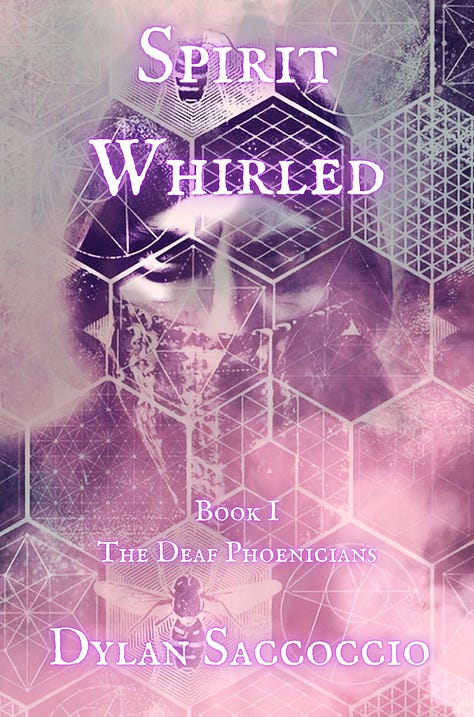
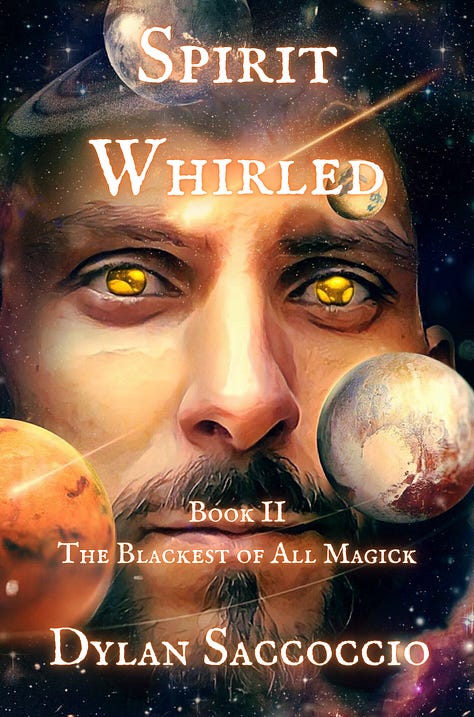
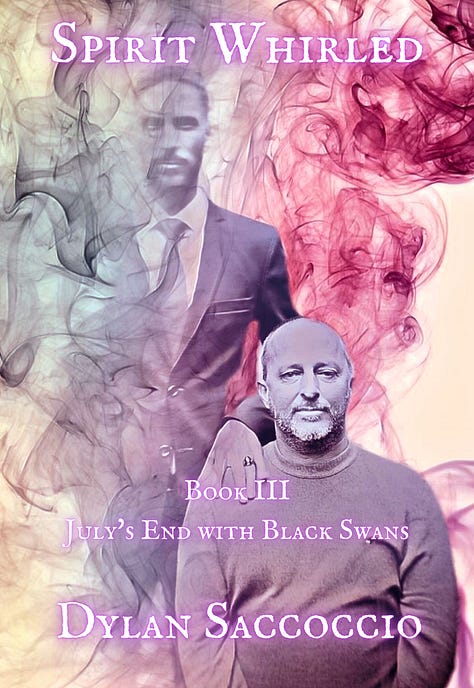
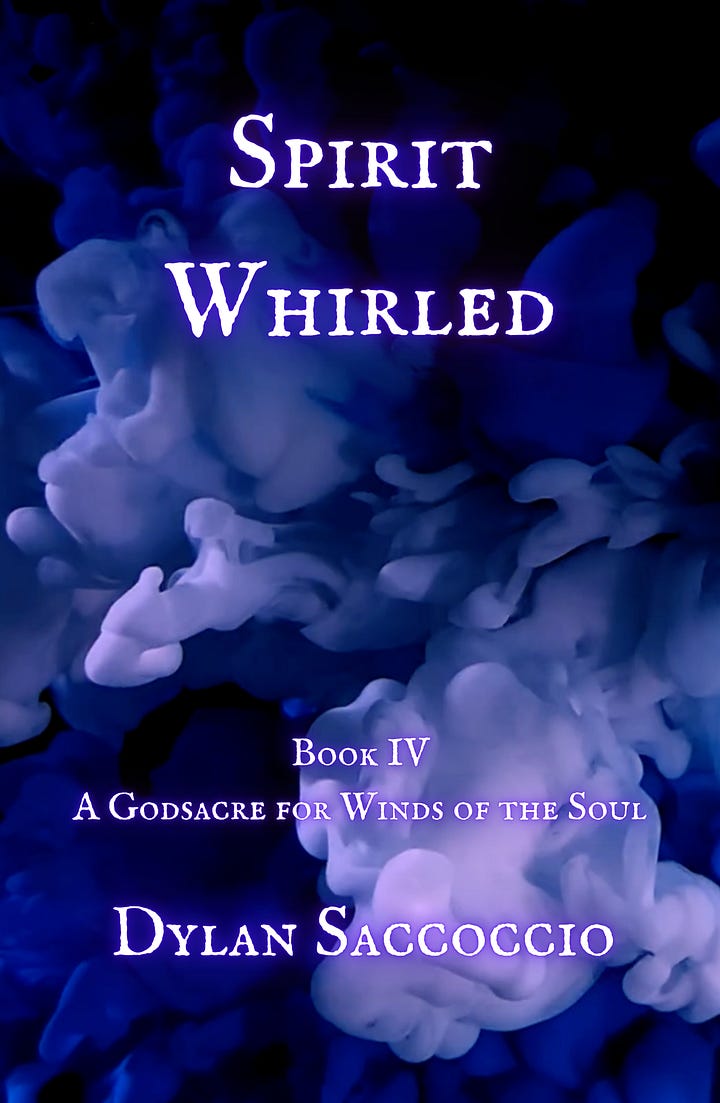
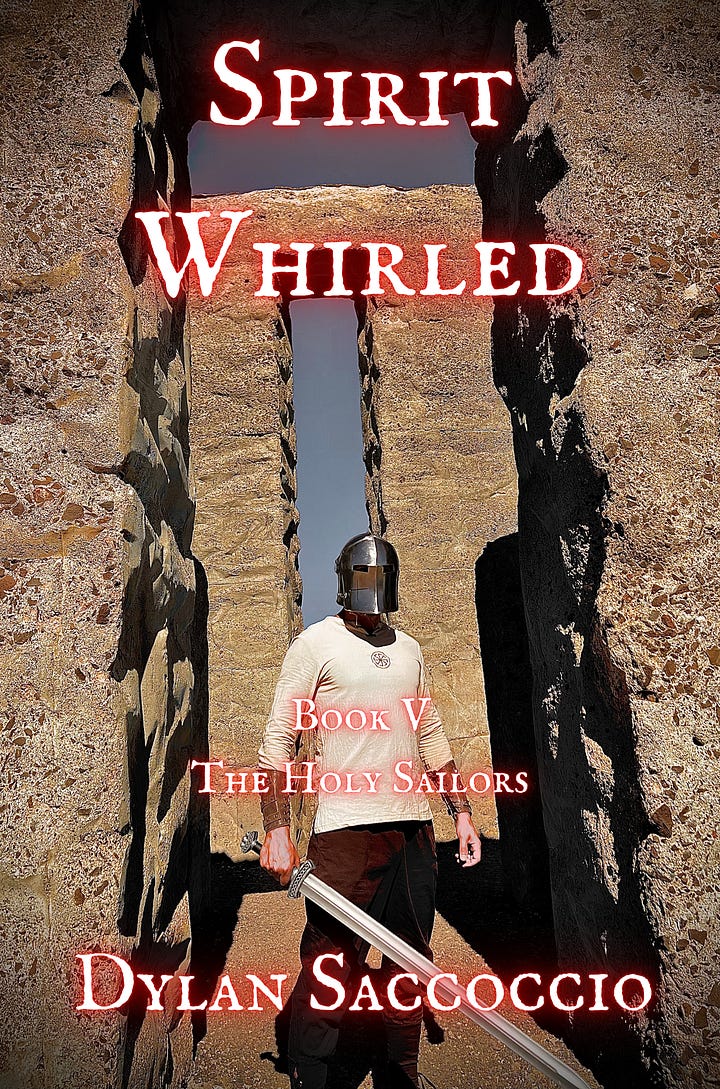
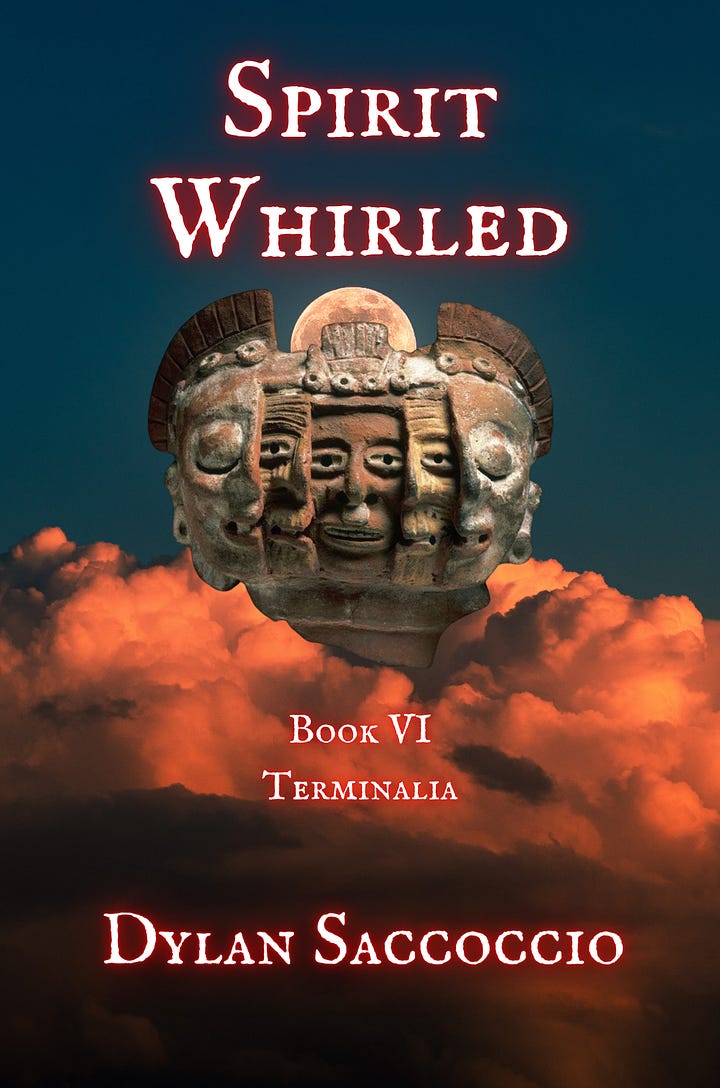
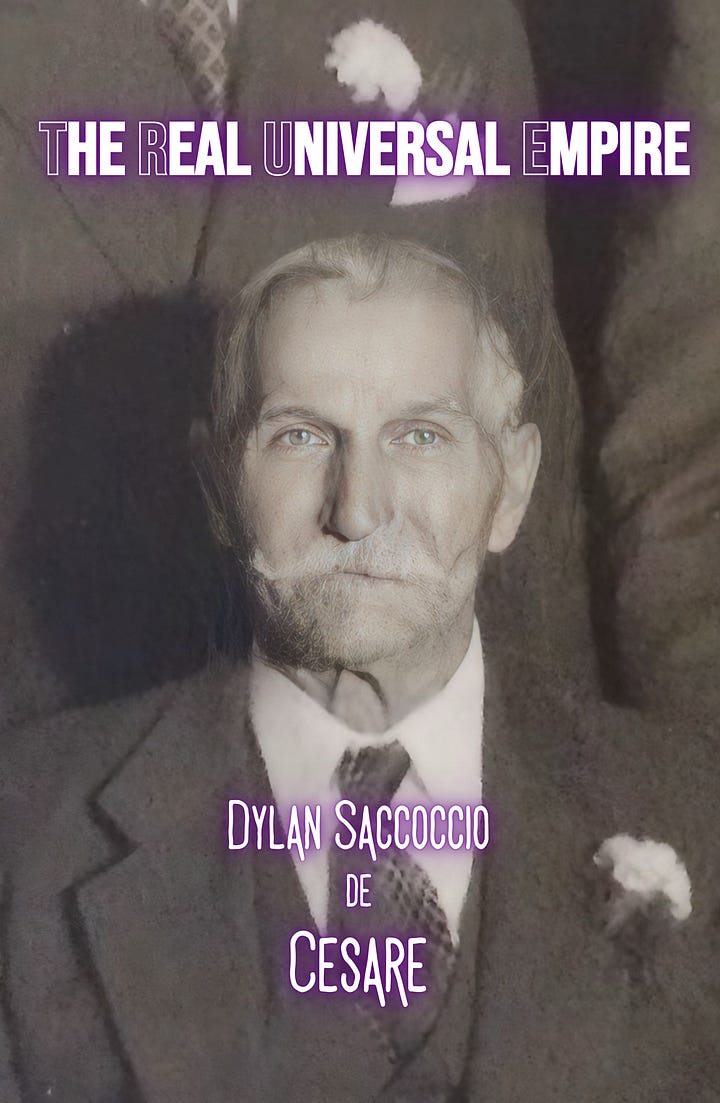
Become a member to access the rest of this article.
Keep reading with a 7-day free trial
Subscribe to Ancient History, Mythology, & Epic Fantasy to keep reading this post and get 7 days of free access to the full post archives.


